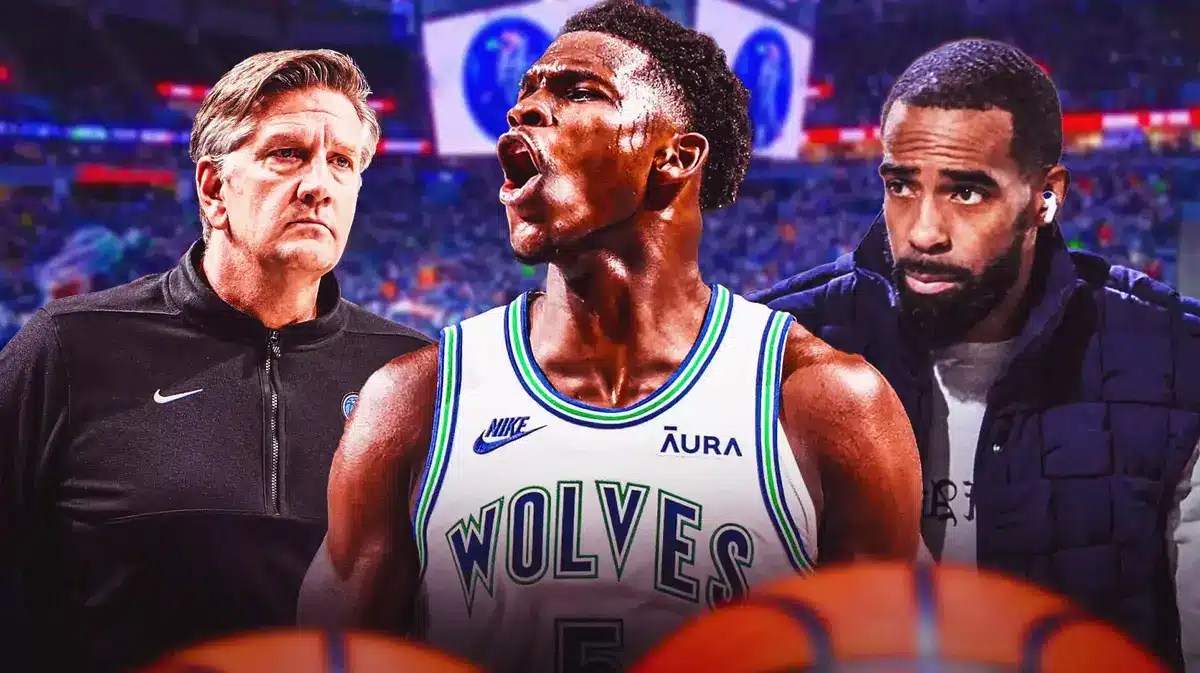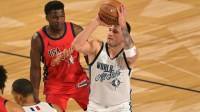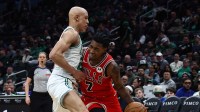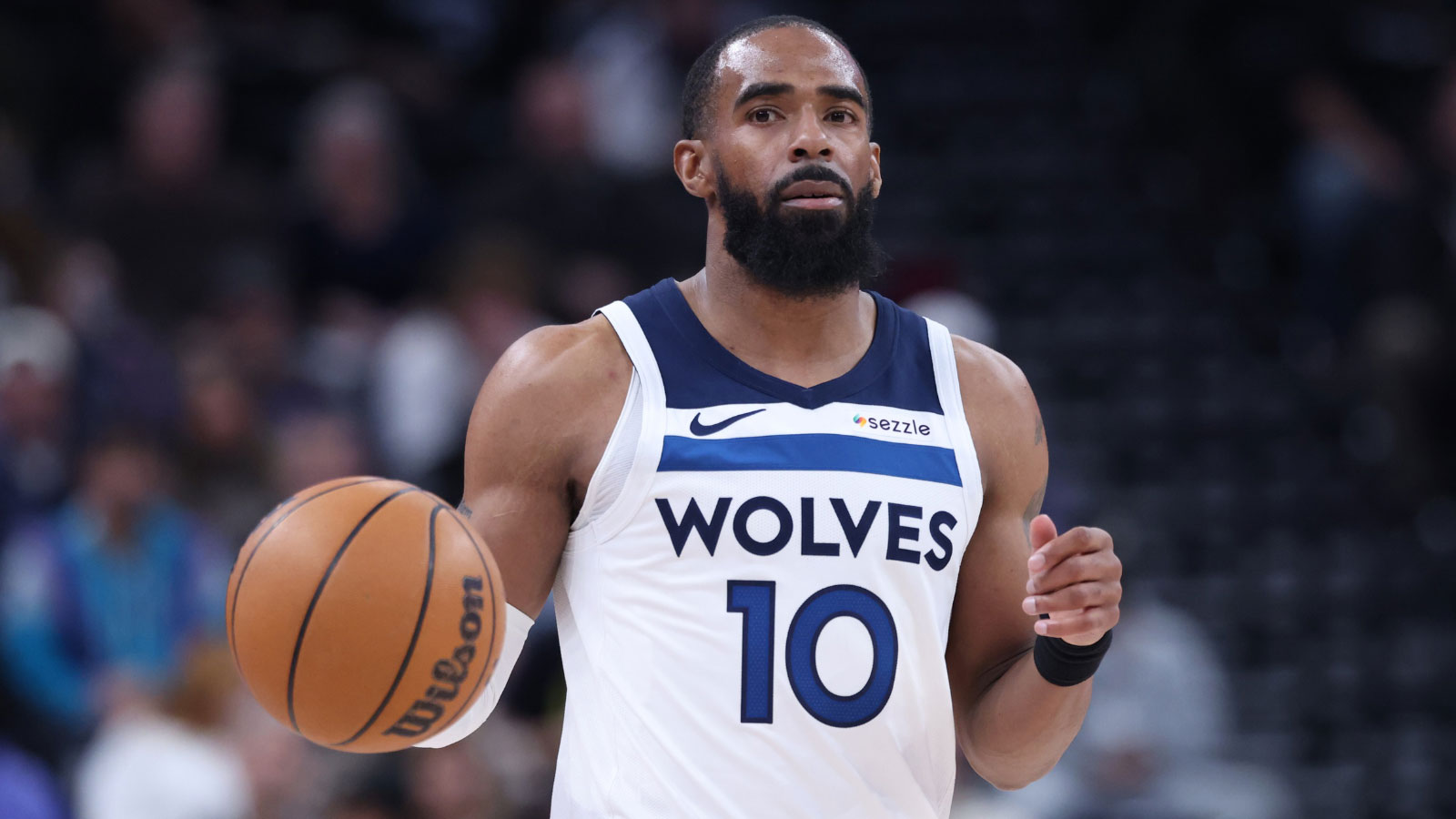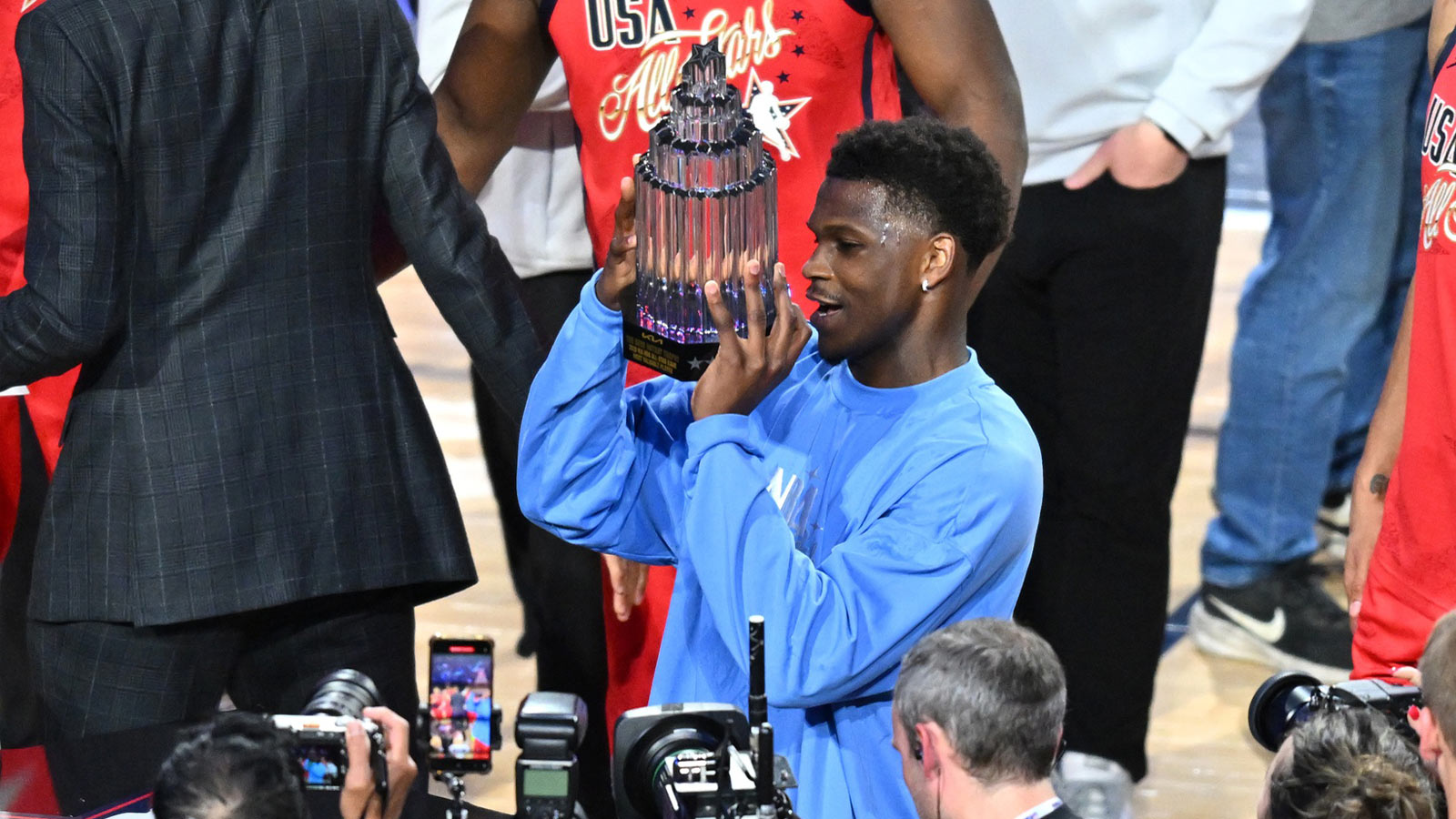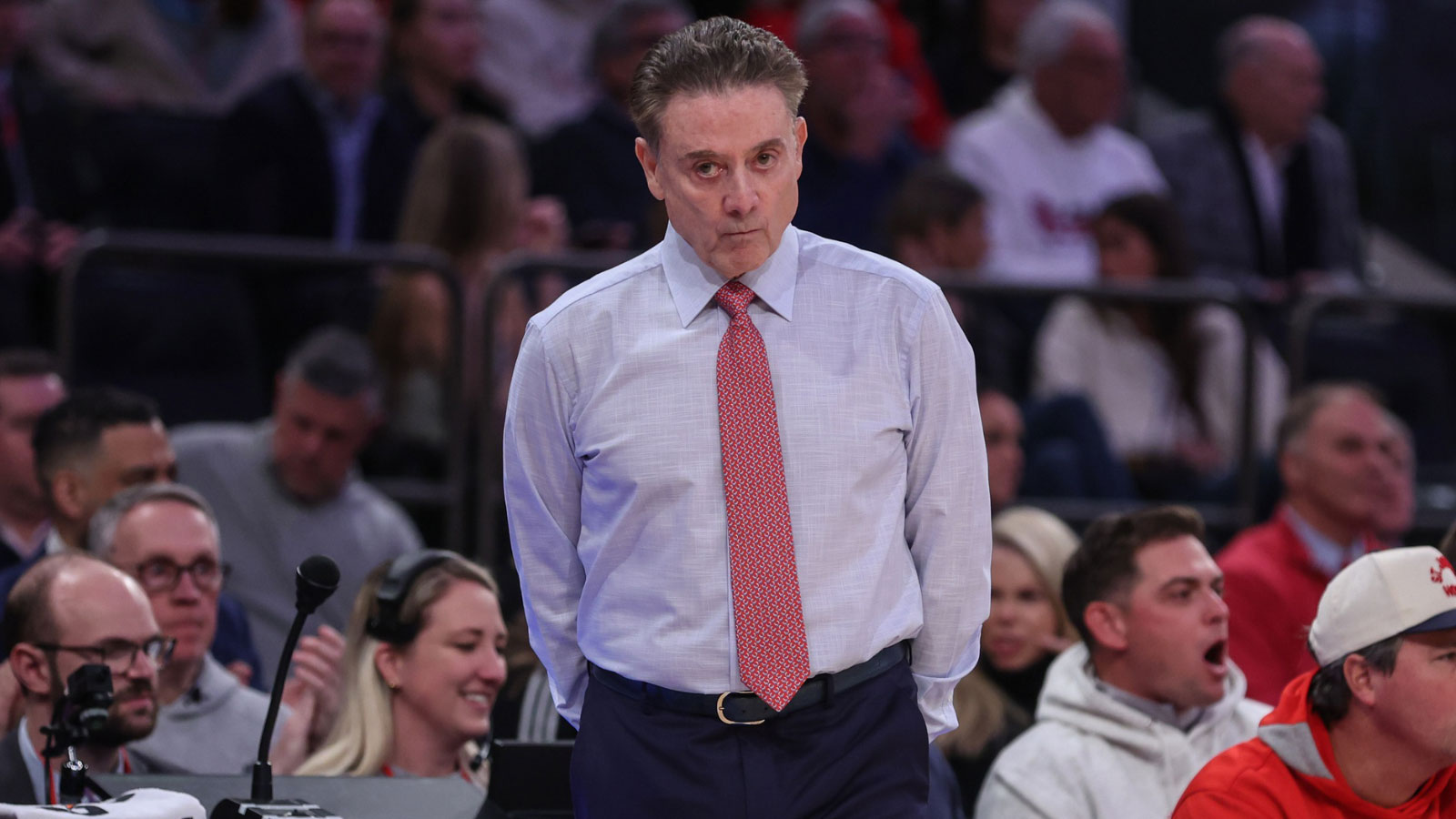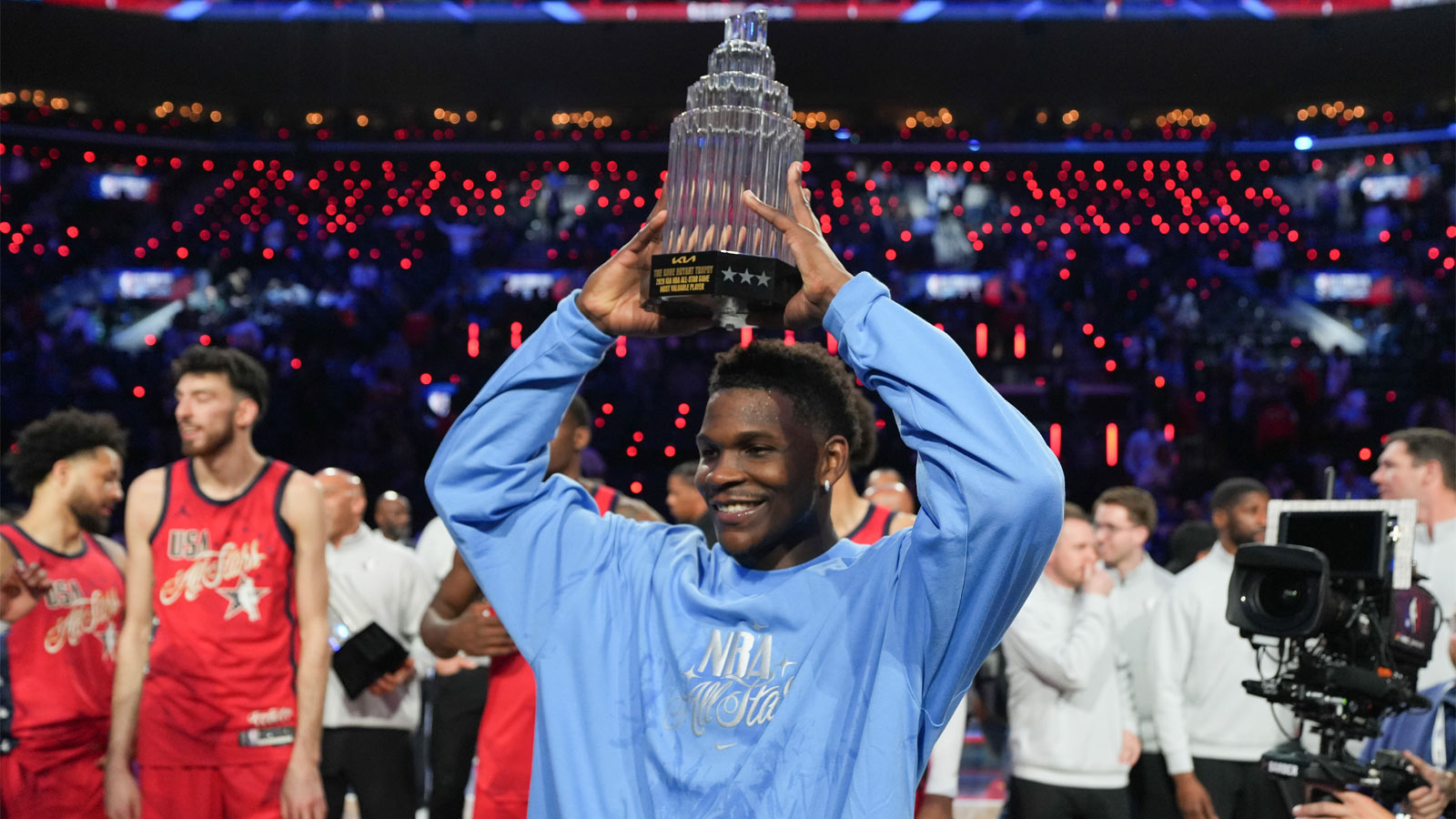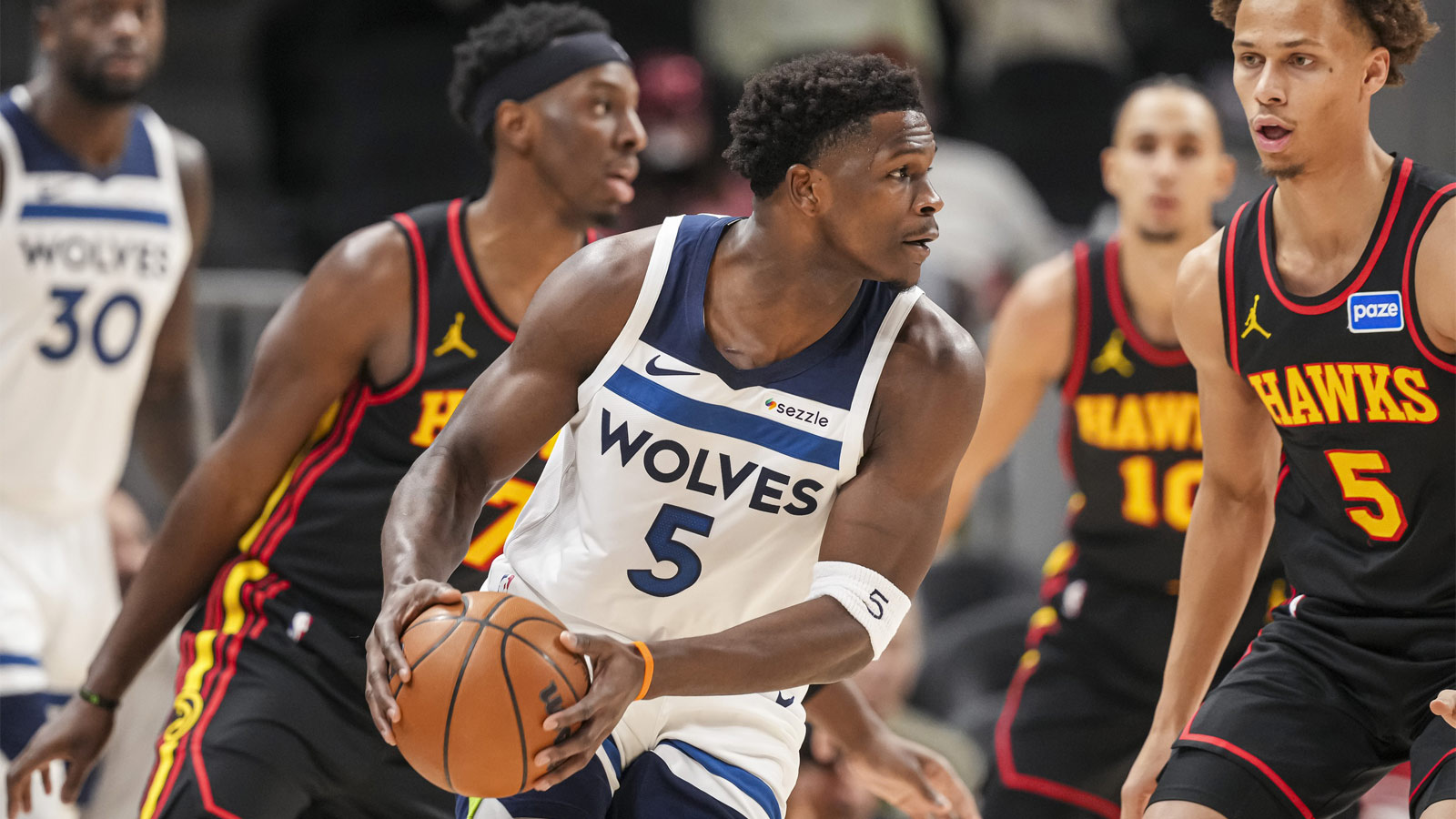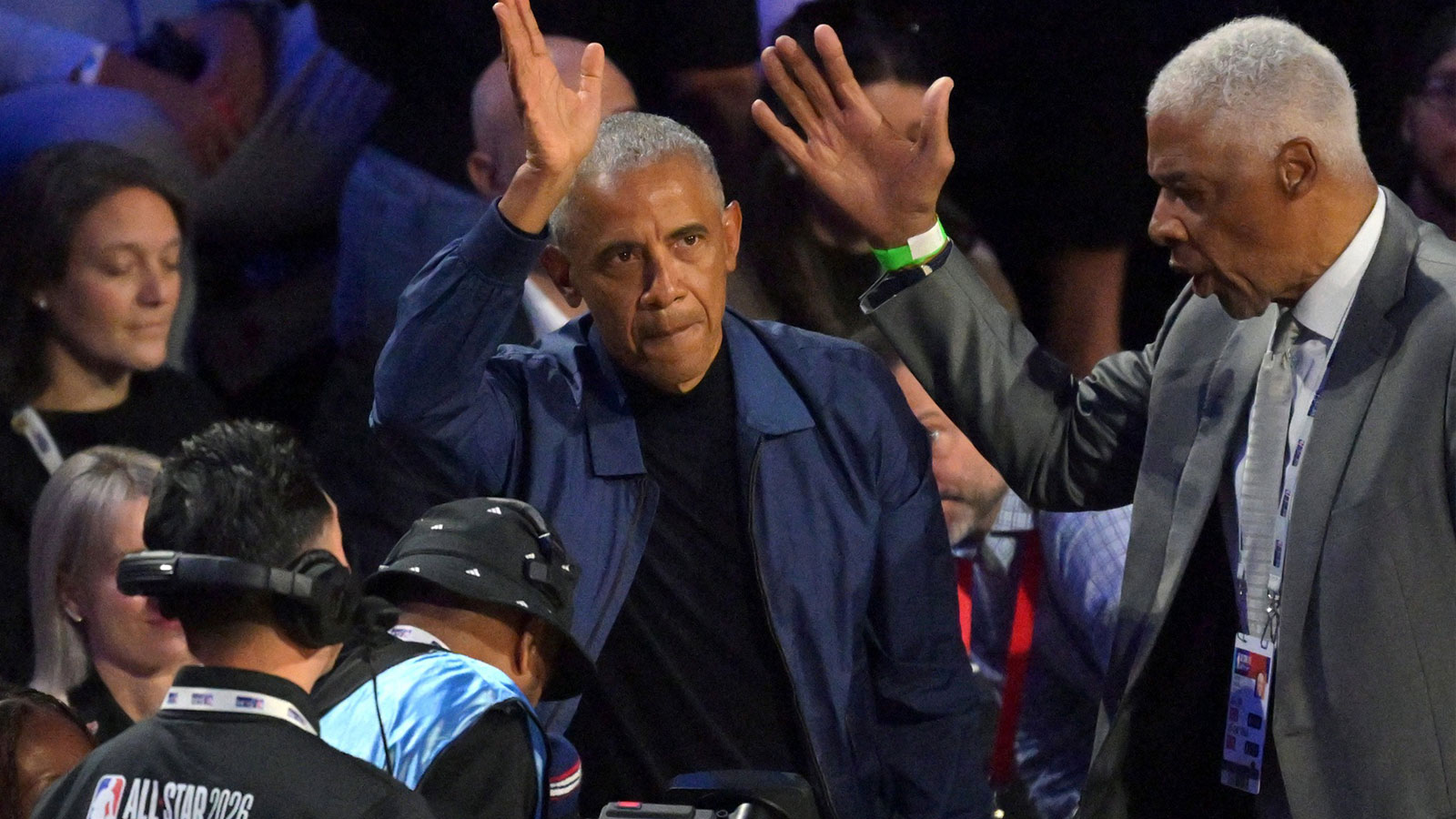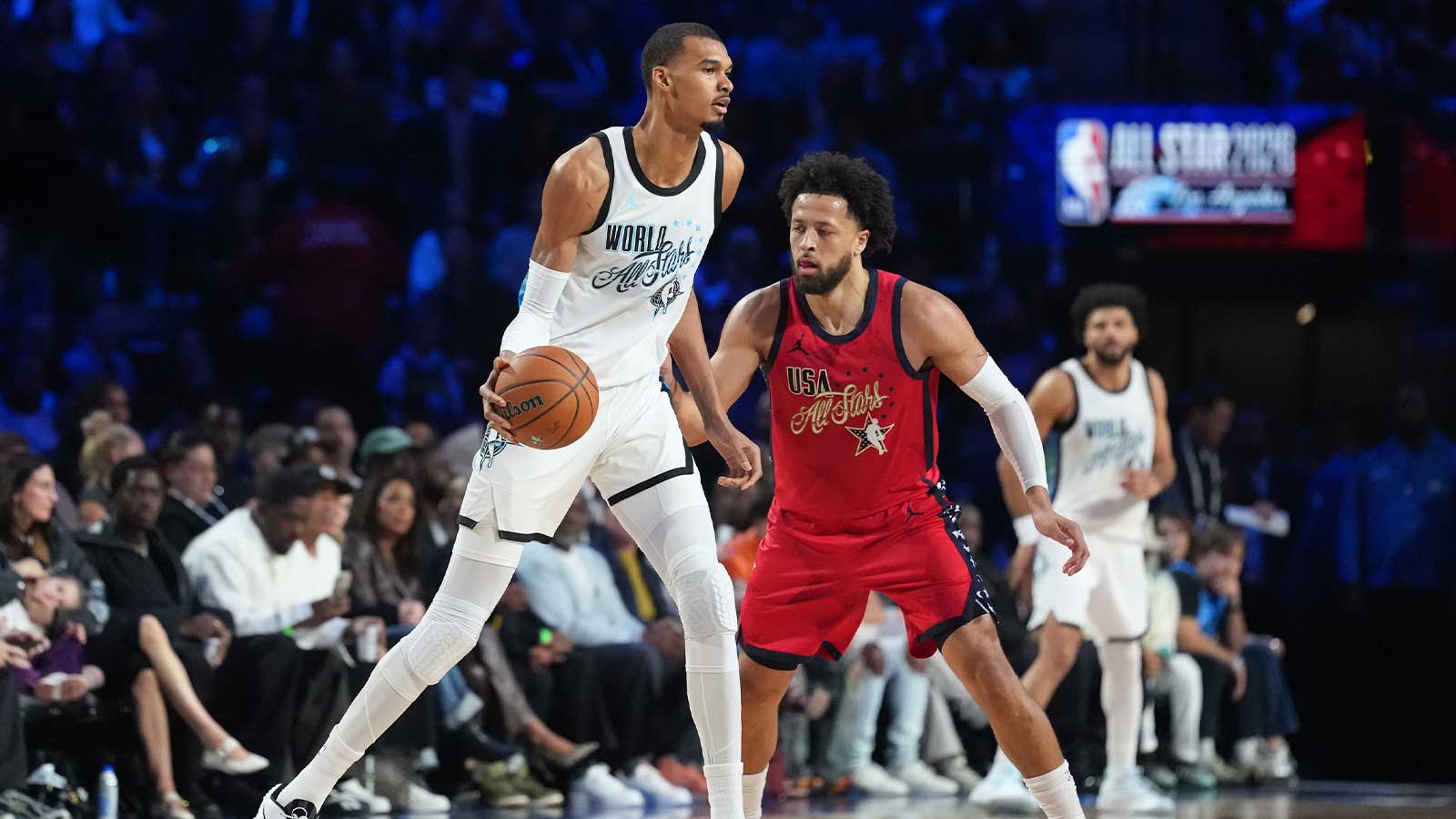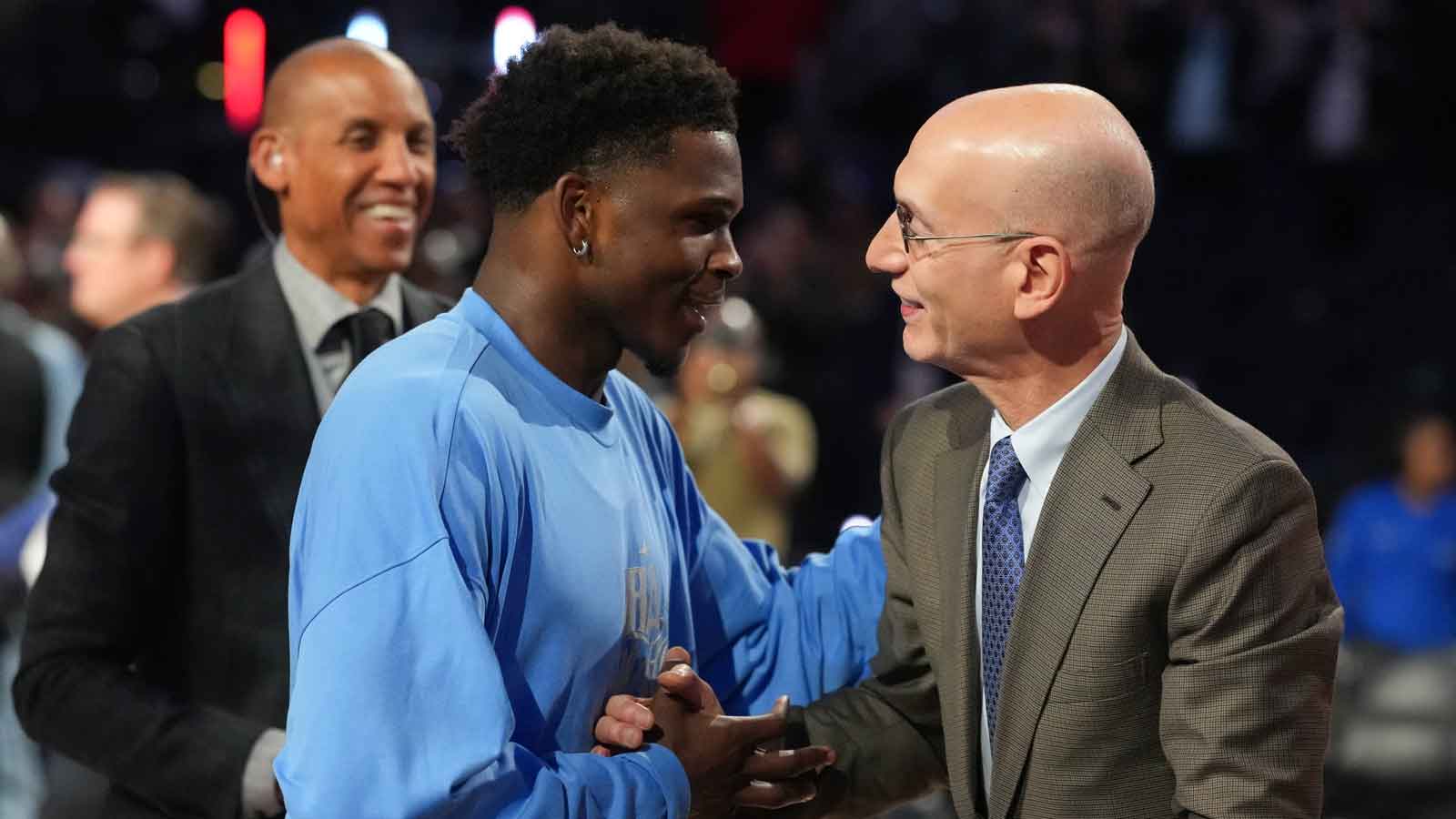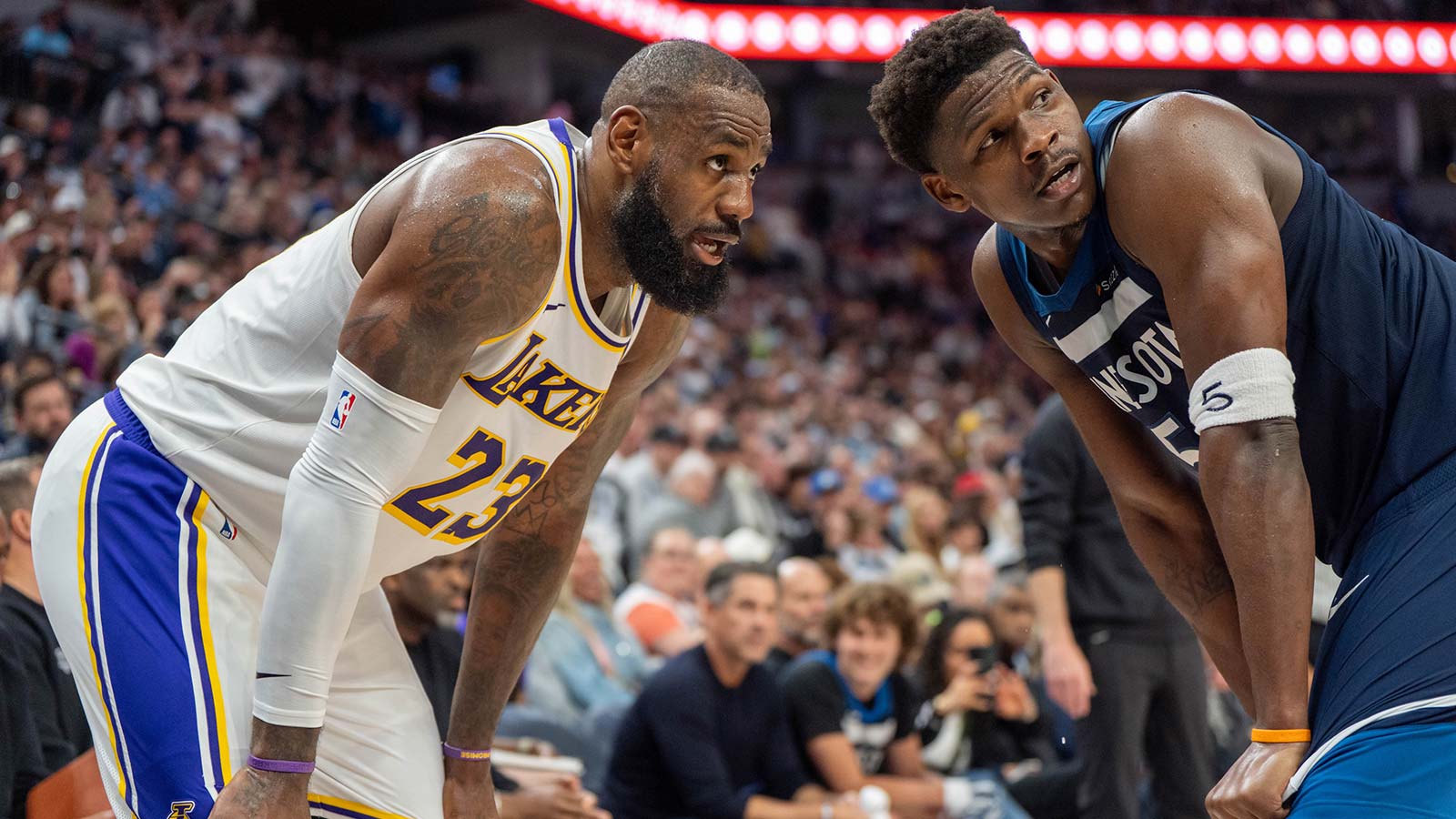The Minnesota Timberwolves offense has been a notable cause for concern all season long, yet despite their struggles, the team has continued to rattle off win after win all season long. That is thanks in large part to their top-tier defense, which has been the identity behind the success so far this year. Games like the one that took place on Saturday night against the San Antonio Spurs serve as a good example of a potential fatal flaw that could doom Minnesota this season, though.
Entering the fourth quarter, the Timberwolves held a ten-point lead over the Spurs, and it seemed like they were well on their way to their third straight win. However, a fourth quarter collapse led to disappointment for the visiting Wolves. Minnesota scored just 22 points in the fourth compared to San Antonio’s 33, and that 11-point differential was just enough for the Spurs to fight back and take control of the game.
With Minnesota down by one point with the game on the line, they settled for a Karl-Anthony Towns step back three pointer. It didn't end up falling, and it was a fairly questionable end of game shot selection as the Wolves’ spacing led them to a tough situation at the end of the game.
Karl-Anthony Towns : 19 points on 9-16 shooting, 1-4 from 3, 5 rebounds & 4 assists in 32 minutes (Missed the potential game-winning shot at the buzzer) pic.twitter.com/BkXdkP4w4I
— Lee Harvey (@MusikFan4Life) January 28, 2024
Late game play call kills Timberwolves in their loss to Spurs

With the game on the line Saturday night, Finch looked to get Anthony Edwards working downhill out of a pick-and-roll with Rudy Gobert. Deciding to ride the hot hand wasn’t a poor choice in theory, as Edwards was excellent on the night, scoring 32 points on an efficient 12-18 shooting, while also dishing out 12 assists. And just moments ago, Edwards had tied the game up for Minnesota. However, Edwards prematurely picked up his dribble on the high pick-and-roll, leading to the star guard passing the ball to Towns.
Afterwards, Edwards cut to the rim looking for the ball. With Jaden McDaniels spotting up at the right slot, Towns didn’t have space to operate in the middle of the floor. A late game scramble closed out the Wolves’ chance at winning as a tough, off-balance shot was all they could muster at the buzzer.
This end of game play call is rather atypical for Minnesota. Typically, the Wolves would isolate Towns at the nail for better or worse. Towns hit a game-winner earlier this season against the New Orleans Pelicans and a missed game-winner against the Charlotte Hornets on that same look. It's fair to wonder whether that play would have yielded a better shot in this situation against the Spurs.
Timberwolves miss ‘Captain Clutch' Mike Conley

Outside of just the final possession, the Timberwolves inability to close out games without Mike Conley has become an unfortunate trend. In the four games Conley has missed this season, the Timberwolves hold just a 1-3 record, and those three losses are all close games they couldn’t close out. An overtime loss against the Boston Celtics at TD Garden is not a bad loss, especially on the second night of a back-to-back, but Minnesota fell from ahead in that game with a pretty tough stretch to end regulation.
The next game Conley missed was their aforementioned home matchup against the Hornets. This game became the most embarrassing loss of the year for the Timberwolves, as Towns’ career-high 62 point performance was all for nought as the Hornets erased an 18-point deficit to win the game in stunning fashion. After a solid win against the Washington Wizards without their veteran point guard, Saturday night’s loss to the Spurs in crunch time without Conley is just another example of the Wolves’ reliance on the 16-year veteran.
Earlier this season, head coach Chris Finch pointed out that Conley’s long-time nickname “Captain Clutch” exists for a reason. As the game slows down, Finch often calls upon Conley to run the show for Minnesota. As a smart decision-maker who doesn’t often turn the ball over much, Conley’s ability to maximize Gobert in their side pick-and-roll game lifts the Timberwolves offense late. Whether it’s a lob dunk, a Conley floater, or a kick-out to an open shooter, it feels like Conley always makes the right decision in the fourth quarter.
When Conley is absent, Minnesota’s late-game offense seemingly disappears. In the four games Conley has missed, the Wolves average just 23.5 points in the fourth quarter. While the Wolves have had some recent late game struggles even with Conley, his value is even more apparent when he’s out. With offense at an all-time high in the NBA, the Timberwolves inability to close out games convincingly is a bad trend for a great team.

